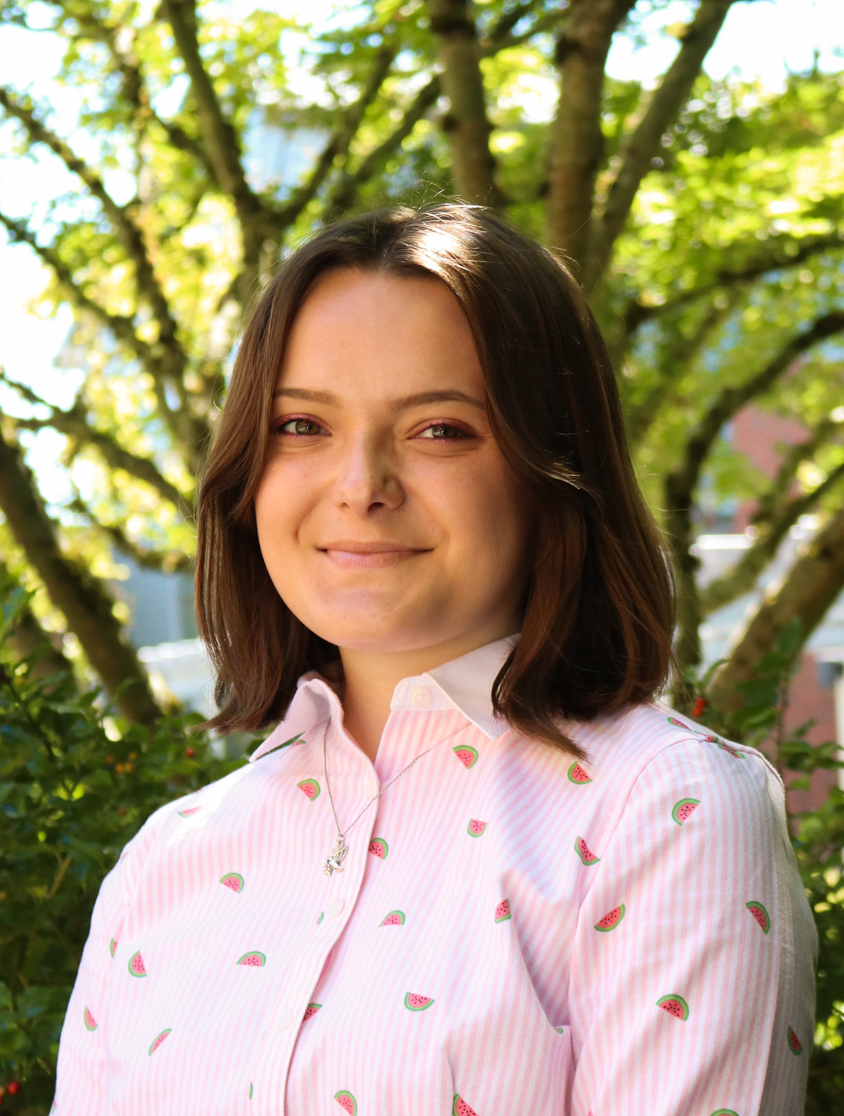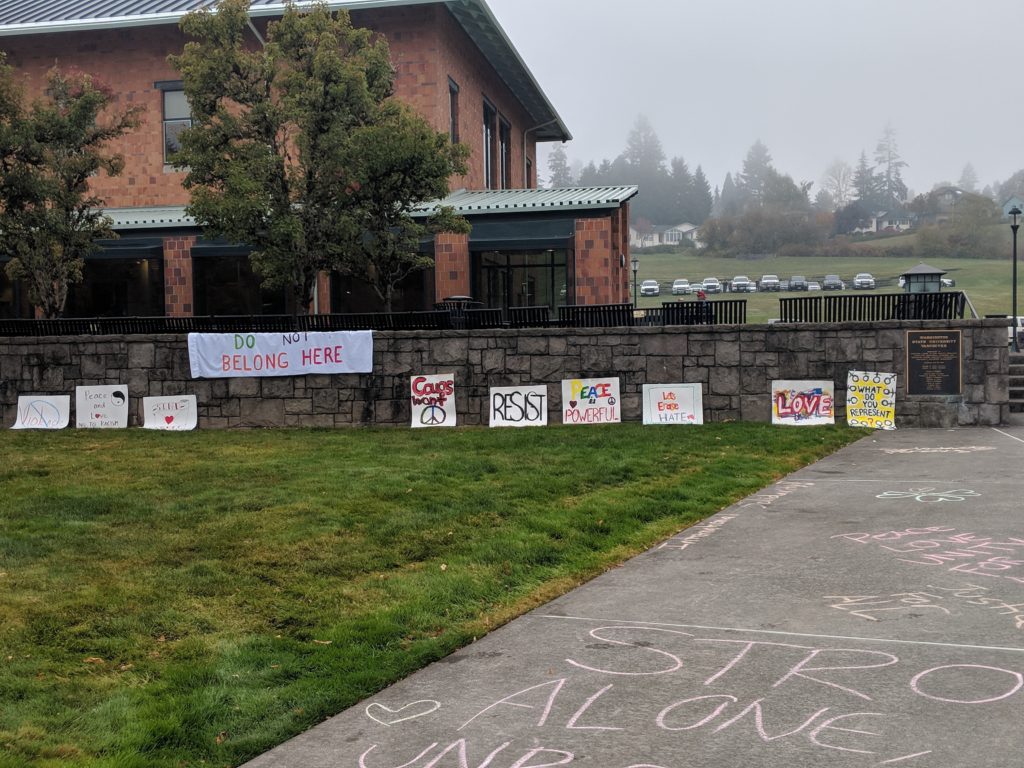WSU Vancouver is developing a new procedure that hopes to deal with controversial gues speakers on campus.
The regulation of controversial guest speakers on a college campus can be a challenging task to uphold. WSU Vancouver’s new proposed procedure aims to protect the rights of student organized clubs and continues to provide opportunities for freedom of expression, while applying safe legal practices for guest speakers on campus.
According to the procedure draft, “WSU Vancouver is committed to preserving and protecting the rights for all students, faculty and staff to engage in their freedom of expression while abiding by federal and state laws … speakers and events on campus contribute to the critical inquiry, open discussion and expression of ideas that are essential to the university’s educational mission.”
Vice Chancellor of Student Affairs and Enrollment Domanic Thomas explained what this drafted policy will mean for WSU Vancouver’s procedural standards, if brought into effect.
“The idea is to provide a process in which students must engage with other students if there are concerns,” Thomas said.
The procedure would work closely with CougSync, where guest speaker events are announced publicly, prior to their presentation on campus. Helen Gregory, the administrative manager for student affairs and enrollment, said that CougSync will be the platform used for vetting speakers on campus.
Thomas wants to use CougSync in a more progressive way. “What I’m proposing with this procedure, and adapting it system wide is … CougSync communicating with the campus, [saying] ‘here are the pending requests,’” Thomas said.
Thomas encourages interaction between students to facilitate a conversation about why a controversial guest speaker should come to campus, and how they could, or could not, be helpful to public discourse.
He believes that guest speakers can always have a constructive impact. Thomas said, “No matter what, there’s positive to it, even if its a speaker that students in general don’t particularly like … speakers that a group brought forward want to hear [that] message … students should know the impact of that message, and students should be able to navigate what it means on their campus, whether good or bad.”
Thomas suggested students can become collaborators, encouraging the presence of positive guest speakers on campus instead.
“We’re going to use critical thinking, not violence, we’re going to use our relationships. The fact that we all care about people, and use that angle versus, ‘I’m going to shut you down,’” Thomas said.
He encourages students to remember that they should listen to one another if concerns arise. “In the end a group can still say, ‘we hear you, here are some things we can do to mitigate that, but we are moving forward with the presenter,’ and they can do that,” Thomas said.
Clubs have the ability to bring a controversial speaker onto campus, which gives other clubs and students the ability to protest. Thomas explained student groups should have the mindset of, “How can we educate others and discuss the overall issue of the controversial speaker?”
Private schools can mandate speakers based on the values of that institution and they have legal authority to prohibit unwanted guest speakers on campus. Since WSU Vancouver is a public university, the university cannot forbid speakers.
“As a public campus, we must be conflict neutral, how we go about this has to be different, and we need to recognize the impacts,” Thomas said. The situation changes if the speaker or group presenting becomes physically threatening, according to Thomas.
“We have some very clear guidelines and if a person is making a direct threat, that is an issue. The freedom of speech that folks are allowed has a wide breadth, and as folks make direct threats, that’s when we can engage,” Thomas said.
One example of a controversial presence on campus is the group Patriot Prayer, who assembled at WSU Vancouver in October 2018. These rallies increased security operations and brought additional members of the Vancouver Police Department to campus.
Events, like Patriot Prayer rallying on campus, sparked conversation within WSU Vancouver administration on how to respond to controversial speakers or groups in an efficient and legal way. “I saw this as an issue coming around the corner for our campus, as well as our sister campuses around the state,” Thomas said.
Gregory explained that with the new procedure, all speakers will be vetted with the same process. “Because everybody is treated the same with the policy, we haven’t run into problems in the past, but this is going to help us not run into problems in the future. That’s the idea,” she said. “We want to make sure that everybody’s voice is heard. And so that’s an important part of this process.”
According to Gregory, the procedure may take awhile to be adapted into a policy. “If this is put into place as a procedure, it would happen much more quickly than if it’s a policy change. Policy changes have to go through all sorts of different steps,” Gregory said.
Thomas added, “This is a work in progress and something that is in its very early stages, but it goes to helping answer the question, ‘what do we do about controversial speakers coming to campus?’”

Olivia is a senior studying English at WSU Vancouver.
